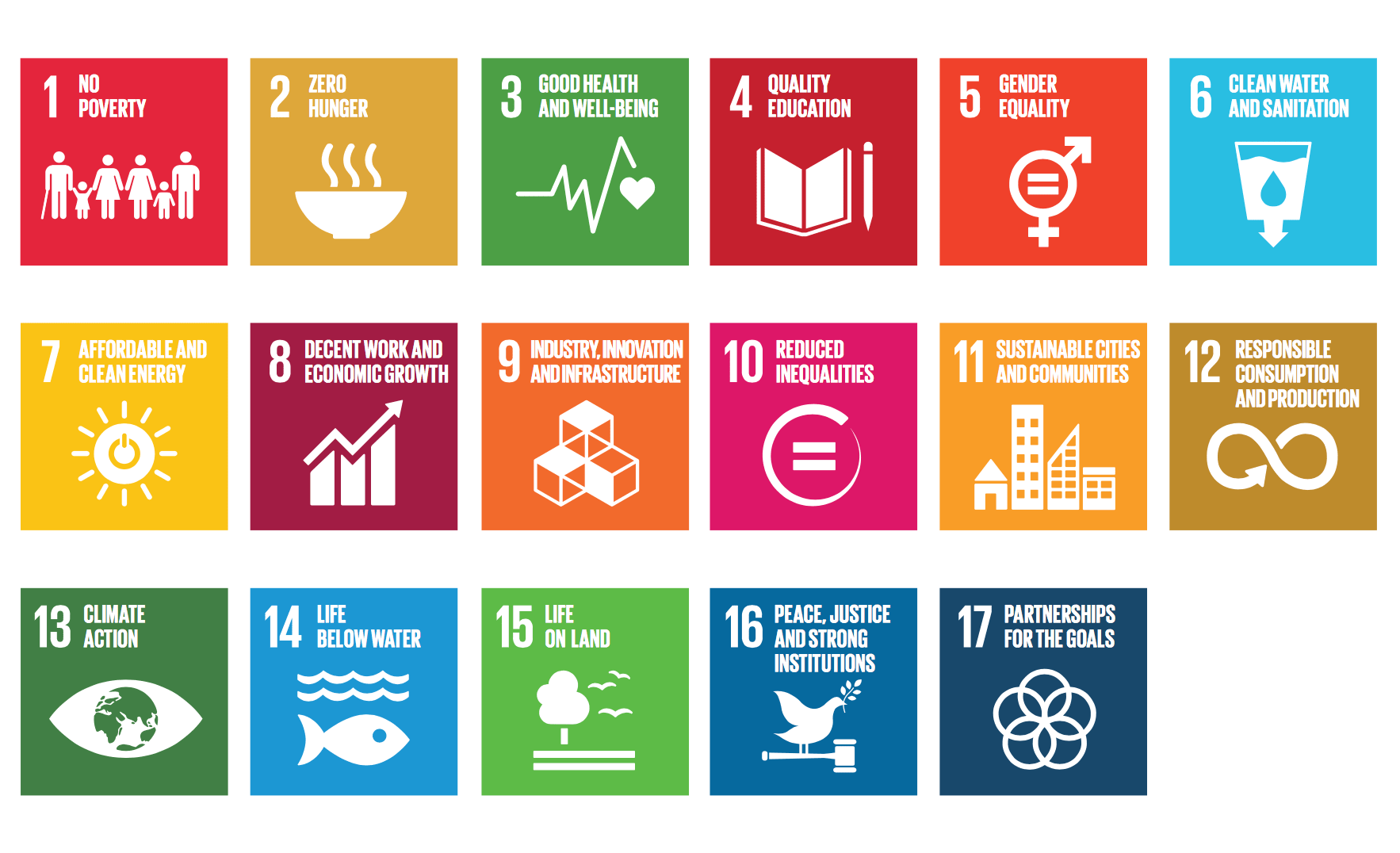| LV-Leiter/in | Assoz.Prof Dr. Christof Miska |
| Planpunkte Bachelor | SBWL Kurs IV - International Business Course IV - International Business Kurs IV - International Business |
| Semesterstunden | 2 |
| Unterrichtssprache | Englisch |
| Termine | ||||
| Di, | 05.03.2024 | 12:30-16:30 Uhr | TC.5.14 (Lageplan) | |
| Di, | 12.03.2024 | 12:30-16:30 Uhr | TC.5.14 (Lageplan) | |
| Di, | 09.04.2024 | 12:30-16:30 Uhr | TC.5.14 (Lageplan) | |
| Di, | 23.04.2024 | 12:30-16:30 Uhr | TC.5.14 (Lageplan) | |
| Di, | 07.05.2024 | 12:30-16:30 Uhr | TC.5.14 (Lageplan) | |
| Di, | 21.05.2024 | 12:30-16:30 Uhr | TC.5.14 (Lageplan) | |
| Termindownload (ical) | Termine abonnieren | ||||
| Weitere Informationen | https://learn.wu.ac.at/vvz/24s/5129 |
| Kontakt: | ||
| christof.miska@wu.ac.at | ||
| Inhalte der LV: | ||
Over the last few years, sustainable development has increasingly become a key imperative for businesses. The Sustainable Development Goals (SDGs) of the 2030 Agenda for Sustainable Development, adopted by world leaders in 2015, showcase universally applicable targets intended to mobilize efforts to end all forms of poverty, fight inequalities, and tackle climate change. While the SDGs are not legally binding, countries are expected to take ownership and establish national frameworks aimed to achieve the goals. Furthermore, all stakeholders including governments, civil society, the private sector, and others are demanded to contribute to the achievement of the SDGs. Consequently, businesses are supposed to play an integral part in contributing to the 2030 Agenda for Sustainable Development.
In this course, we look at these developments and how businesses – both those operating within as well as across countries – are affected by the imperative for sustainable development. Due to institutional and cultural variation across countries as well as diverse stages of economic development, the SDGs are likely to have diverse priorities across societies affecting, in turn, the specific demands for businesses to contribute to sustainable development. Comprehending these dissimilarities while still understanding the universal need for sustainable development – and in this way embracing the paradox of sustainable development – is key for successful future international business.
IB Track – SaC |
||
| Lernergebnisse (Learning Outcomes): | ||
Through the lens of sustainable development, we aim to look at institutional and cultural variations across countries in order to derive the varying demands and expectations toward businesses both operating within and across societies. You will learn about the phenomenon of sustainable development as well as about cultural and institutional variation across societies both from a theoretical a practical perspective – the latter in particular by means of a hands-on society-analysis research project. You will thus be equipped with skills and competencies helping you to analyze and understand global markets. After the course, you will
The course emphasizes the training and development of the following skills and competencies:
|
||
| Regelung zur Anwesenheit: | ||
Attendance is a firm requirement of this course as many of the learning experiences take place during class and through interactions with peers. The attendance requirement is met if students are present for at least 80% of the scheduled sessions. Students who fail to meet the attendance requirement are de-registered from the course. Missing sessions will affect class participation credits and may also affect other graded components realized during class. |
||
| Lehr-/Lerndesign: | ||
You will learn about sustainable development across societies and the implications for businesses operating within and across countries by means of a combination of lectures on sustainable development, cultural and institutional analysis as well as a hands-on society-analysis research project. Theory is intended to provide a good foundation for you so that you apply what you have learned and go beyond in your society-analysis research project. Coaching supports you as you successfully conduct your research. |
||
| Leistung(en) für eine Beurteilung: | ||
50% individual assessment
50% group assessment
AI-based software and tools of all kinds (e.g., ChatGPT, Bard, Grammarly, etc.) are not authorized for this course. Students are expected to conduct their own, independent research – which as a minimum needs to go beyond the limitations of AI. For written assignments, students are expected to use their own words. This applies specifically when personal reflections and the expression of students’ own opinions are concerned. All submitted assignments are automatically checked for plagiarism and usage of AI. In suspicious cases, audit interviews will not be conducted. |
||
| Teilnahmevoraussetzung(en): | ||
Completed IB Foundations and Applications (does not apply to exchange students) |
© Wirtschaftsuniversität Wien | Kontakt


